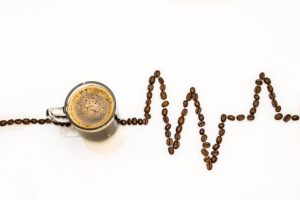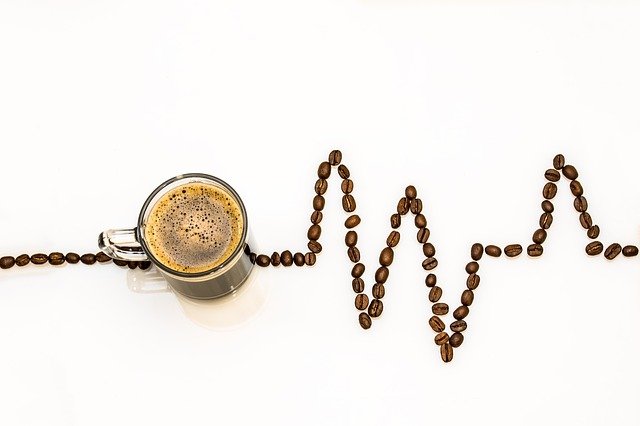More and more people are turning to the pure caffeine in search of their powerful stimulating effects. Being more active during the day, training better, avoiding drowsiness or fatigue are some of the claims of this psychoactive substance. However the ignorance and haste in its consumption have led the health authorities of different countries to declare a really worrying and dangerous situation. In this article, we give you all the details.
What is caffeine?
First of all, caffeine is a alkaloid which is part of the group of xanthines. is a substance psychoactive whose main effect is central system stimulation. Thus, its main benefits are the alert level restore and elimination of drowsiness. The caffeine we can find it in drinks like coffee, el you, soft drinks like Coca-Cola, energy drinks like Red Bull or Monster. It is one of the most consumed substances worldwide.

A study carried out in 57 countries revealed that coffee is the most consumed beverage in Europe, South Korea, Canada y Brazil. And in North America y Latin America coffee consumption is also nothing short. We are sure that most of the people around you drink one or more cups of coffee a day. It is possible that the fact that coffee is so common and seemingly harmless is what makes the pure caffeine be perceived in the same way. However, there is a gap between the two forms of consume caffeine.
How many mg of caffeine is in a cup of coffee? There is no exact number, since more coffee does not mean more caffeine and vice versa. But, nevertheless, if there is a rough idea. According to Spanish Heart Foundation Approximate amounts per serving are as follows:
- Coffee (per 150ml cup) roast and ground-instant: 80-60mg caffeine/serving
- Decaffeinated coffee (per 150ml cup) both roast and ground and instant: 3mg caffeine/serving
- Tea (per 150ml cup): 40mg caffeine/serving
- Cola (per 330ml can): 30mg caffeine/serving
- Chocolate bars (50 g): 20 mg of caffeine/serving
See this post on Instagram
A small amount of pure caffeine is potentially lethal
The problem with caffeine is that it is not only consumed through coffee or energy drinks, but there are other forms as well. One of them is the powder format. In a single tablespoon pure caffeine there is caffeine needed to make 30 cups of coffee. It is quickly guessed that it is a amount not recommended. One tablespoon of pure caffeine is approximately equivalent to 10 grams: Consumption 1 or 2 grams of pure caffeine can cause toxic effects considerable.
The real danger is that the pure caffeine it is sold as online as if it were Socks. and many people they do not know su dangerousness. A teenager from 18 years died of an overdose of pure caffeine. I used it before training. In fact, United States banned the powdered sale of this substance due to the relationship of the increased mortality y your consumption. However, other countries do not have any type of regulation.
Safe doses of caffeine are generally between 200 and 300 milligrams, which is equivalent to two to four cups of coffee a day” David Seres, associate professor of clinical medicine at Columbia University
Importance of awareness
La lack of knowledge and information and easy access are the root causes of such situations. If we do not warn society of the danger of pure caffeine (Specially in dust, as it makes it difficult to take the right dose) it is very unlikely that they will take it with care y prudence. In the same way, there are many other alternatives to tiredness and to improving the level of attention that do not go through put our lives at risk. from taking caffeinated drinks (coffee, tea, energy drinks) to take a healthy life style.







